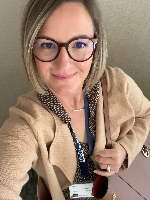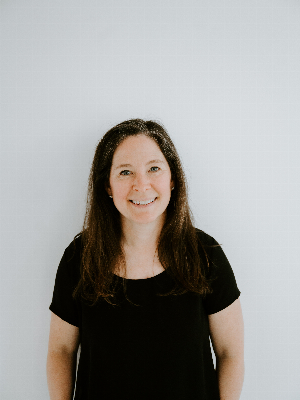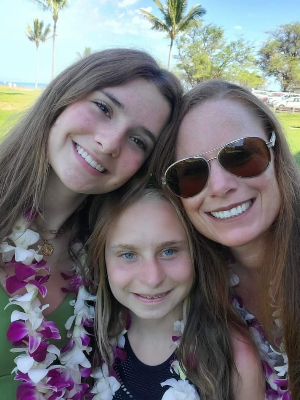
May 6-10, 2024 - Virtual via Zoom
Early childhood special education has its fair share of myths and facts about the inclusion of students receiving special education services. These common misconceptions often lead to situations where preschoolers are denied their right to receive instruction in Regular Early Childhood Program (RECP) settings or to spend the maximum amount of time possible playing and growing with their same-aged peers. OSPI Special Education, local Educational Service Districts (ESDs), and the UW Haring Center worked in collaboration to develop this resource to challenge those myths and highlight the facts of why inclusionary practices can work for each and every preschool student. While there is no roadmap or “one size fits all” process to achieving inclusive education, the hope is that providers can use this information to engage in conversation and inquiry to better understand what best practice and implementation of inclusion looks and feels like. A panel of early learning professionals will be present to provide examples and answer questions.

Cassie is devoted to supporting quality inclusive practices for all. She has a Master’s degree in Education, a Washington State teaching certification with SPED endorsement, and is a licensed BCBA. Cassie has worked as an Early Childhood Educator, a parent trainer for the Down Syndrome Community of Puget sound, and a BCBA in a home and clinical setting. She has also had the privilege of presenting at state and national conferences promoting the work of inclusion. Cassie works at the Haring Center and partners with OSPI to disseminate and advocate evidence-based, quality inclusive practices to professionals and the community.

